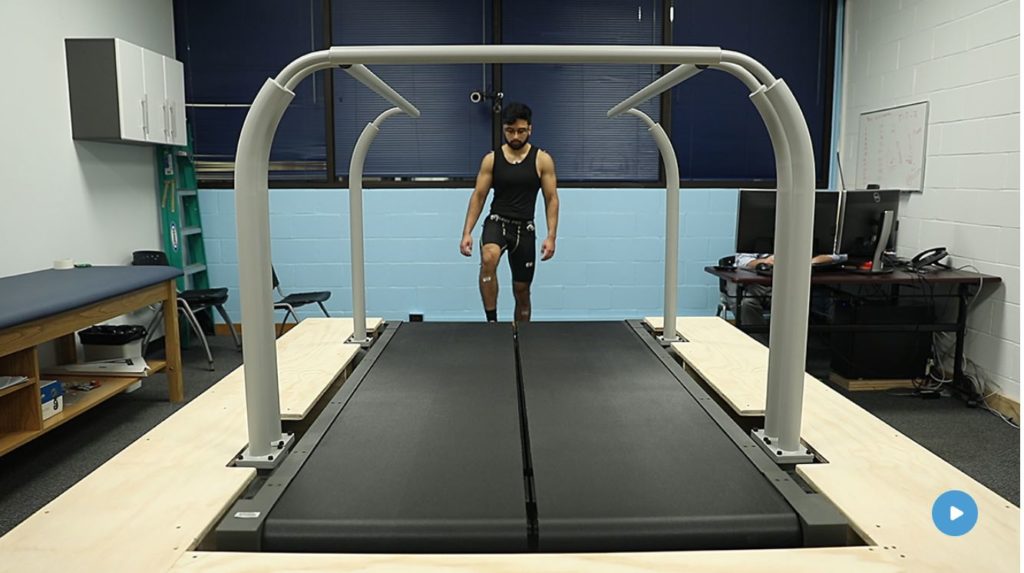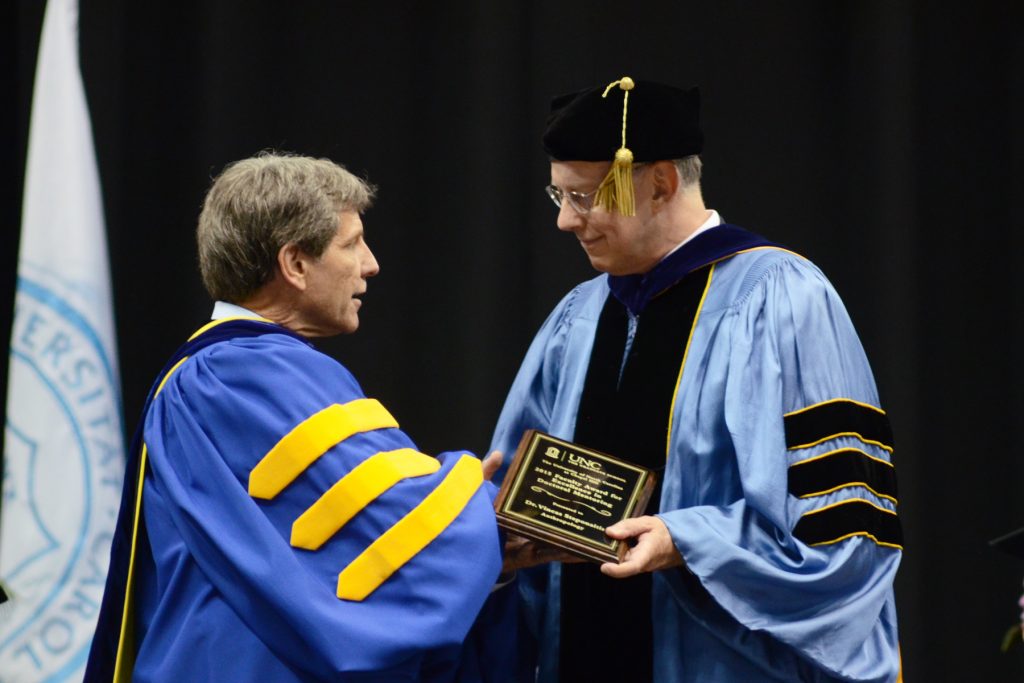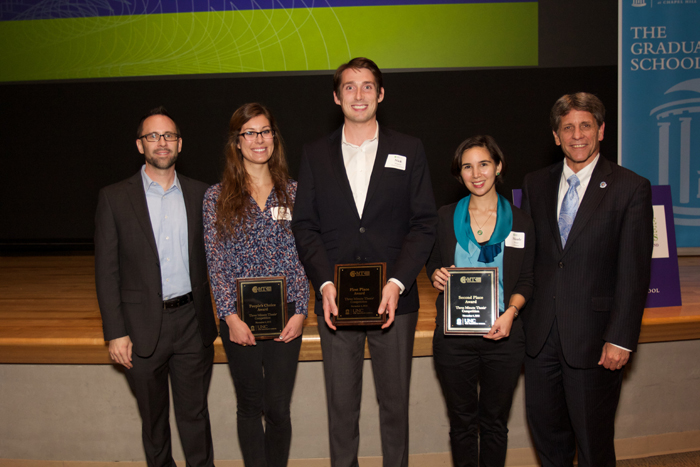
Three UNC faculty members have been awarded a 2016 Alfred P. Sloan Research Fellowship, a two-year grant given to early-career scientists and scholars whose distinguished performance and unique potential identify them as rising stars, the next generation of scientific leaders.
Carolina’s recipients this year are Zhen Gu, Jillian Dempsey and Alexander Miller, bringing Carolina’s total Sloan recipients to 44 since 1958 and affirming Carolina’s commitment to attract the brightest and most innovative young scientists and engineers. All three recipients are faculty members in the College of Arts and Sciences.
“Sloan Fellows represent the best-of-the-best among young scientists,” said Jeffrey Johnson, the chair of the chemistry department, home to two of the new Sloan fellows. “In an increasingly competitive academic environment, it is difficult to stand out, but to us this award comes as no surprise. The work of professors Dempsey and Miller is hitting on key issues of our time, from solar and reusable energy to activation and utilization of abundant chemical feedbacks. They are having a huge impact on how researchers think about these complex issues.”
Zhen Gu, an assistant professor in the joint biomedical engineering program at Carolina and North Carolina State University, joined NC State and UNC-Chapel Hill in 2012, and has since created dozens of technologies and techniques aimed at precisely delivering the right drug to the right place at the right time to maximize the impact of therapeutic medications. Gu’s work is truly interdisciplinary, drawing on biomolecular engineering, materials chemistry, nanotechnology and other fields to develop more effective drug delivery tools and techniques.
Gu’s work on diabetes includes the development of a “smart insulin patch” that mimics the function of pancreatic cells and multiple injectable nanoscale systems that can help to regulate insulin. Gu is currently working with pharmaceutical companies to move these inventions into clinical trials. In 2015, Gu was named one of MIT Technology Review’s “Innovators Under 35” for his work on developing novel drug-delivery systems for treating cancer and diabetes.
He has also created a suite of “programmed” approaches for targeting the delivery of anti-cancer drugs, the release of which can be promoted inside the tumor microenvironment or cancer cells.

Jillian Dempsey, an assistant professor of chemistry, searches for ways to efficiently capture sunlight in artificial systems and carry out fuel-producing reactions to store the sun’s energy in the high-energy chemical bonds of molecules like hydrogen. Her work is contributing to a growing need to develop renewable, environmentally friendly energy sources.
Since starting at Carolina in 2012, she has won the Packard Fellowship for Science and Engineering as well as the Air Force Young Investigator Research Program award for showing exceptional ability and promise for conducting basic research while following uncharted paths that can lead to groundbreaking discoveries.
Dempsey serves as a science advisory board member for the National Science Foundation’s Center for Chemical Innovation in Solar Fuels and is on the executive committee of UNC’s Energy Frontier Research Center in Solar Fuels. She is a recipient of NSF’s CAREER Award, one of the foundation’s most prestigious awards given in support of junior faculty.

Alexander Miller, an assistant professor of chemistry, is researching new catalysts for use in the sustainable manufacture of next-generation fuels. In addition to converting natural gas and biomass to more convenient liquid fuels, his group is developing catalysts that use solar energy to convert water and carbon dioxide and liquid fuels and oxygen.
Since starting at Carolina 2012, Miller was named to Forbes’ “30 under 30” list in the energy category. The annual list chooses the brightest stars in 15 categories, ranging from energy to Hollywood to social entrepreneurs. In 2014, Miller was awarded that University Council James Moeser Award for Distinguished Research at Carolina.
The Sloan fellowships are awarded in eight scientific fields: chemistry, computer science, economics, mathematics, evolutionary and computational molecular biology, neuroscience, ocean sciences, and physics. Fellows receive $55,000 to be used to further their research. Sloan Research Fellows have gone on to win 43 Nobel Prizes, 16 Fields Medals, 65 National Medals of Science, 14 John Bates Clark Medals, and numerous other distinguished awards.




